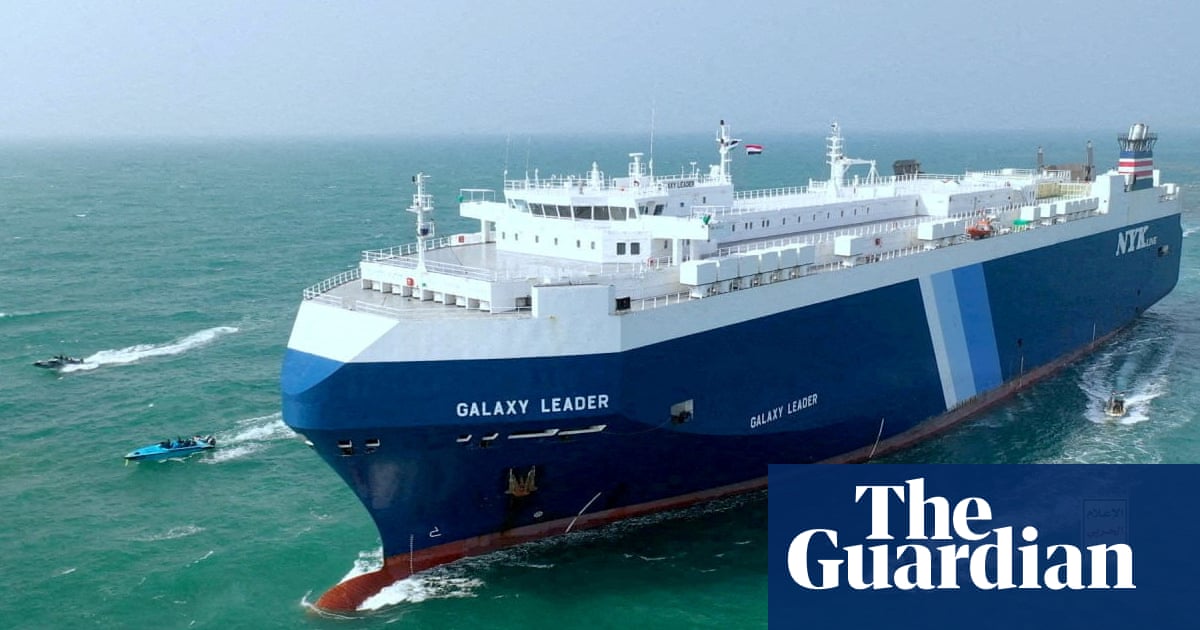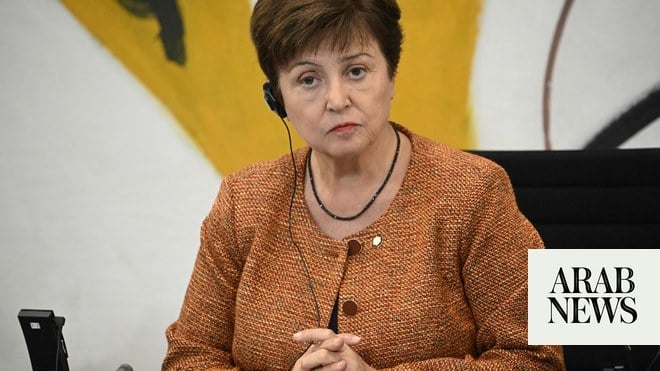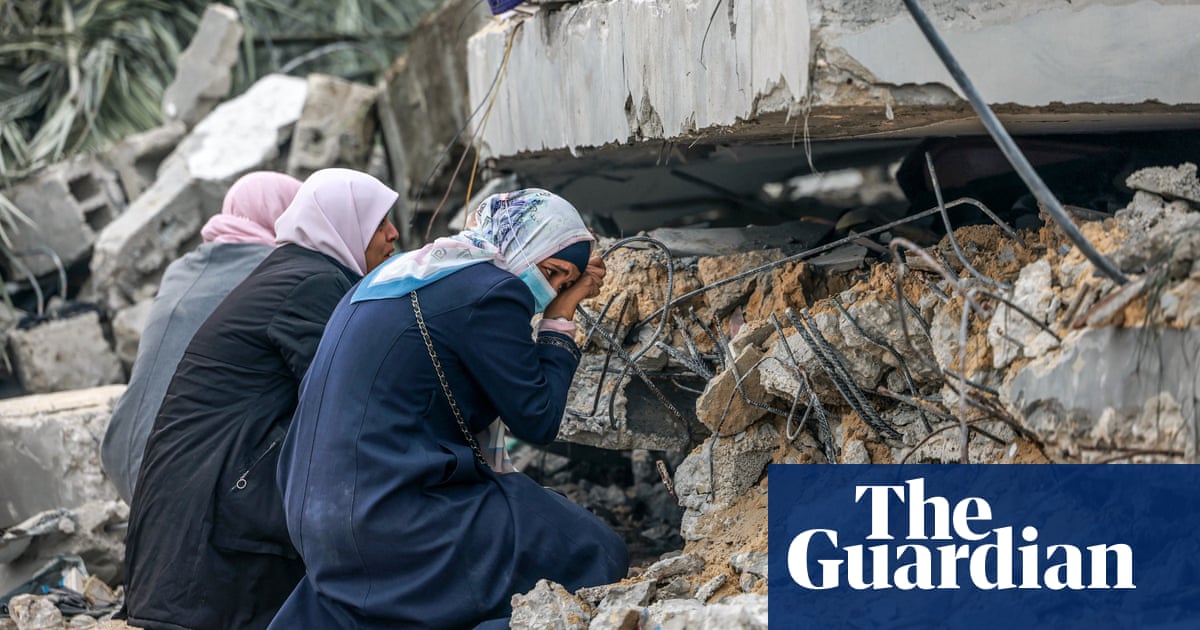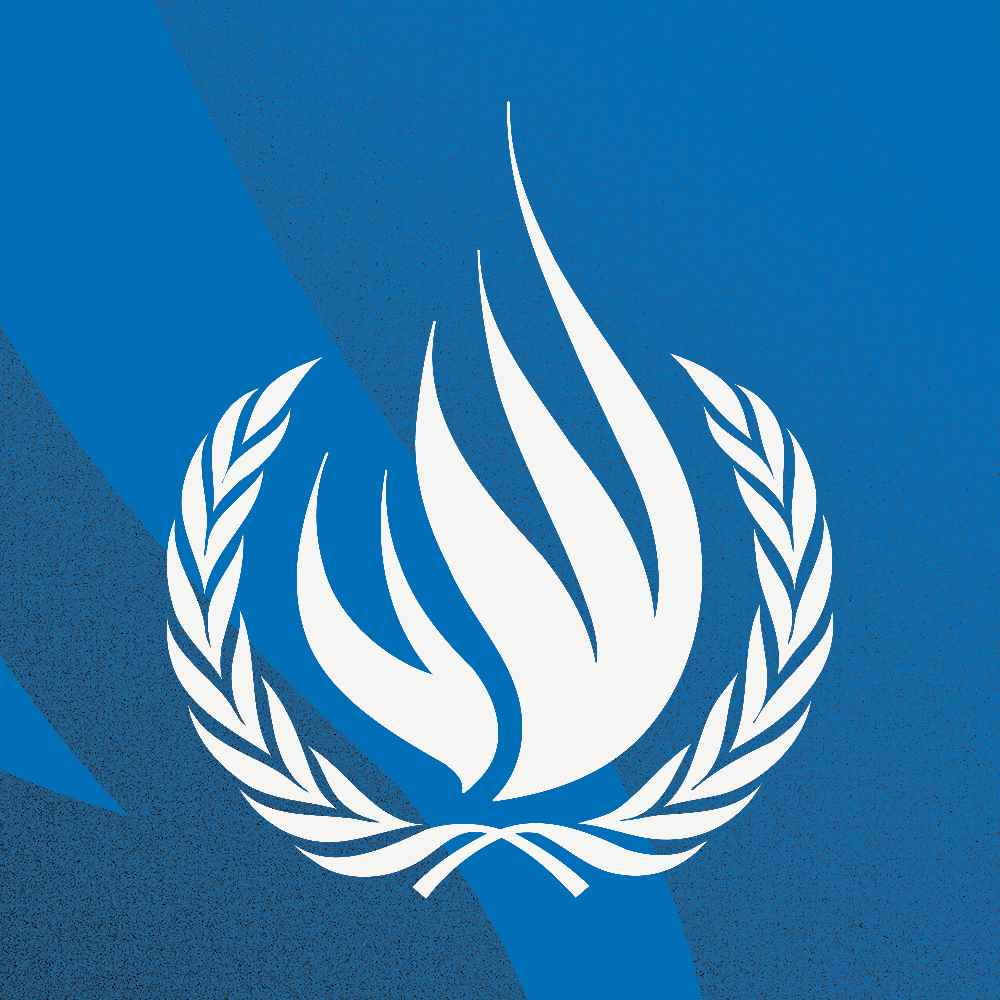
The world faces a protracted period of weak economic growth that will undermine progress on sustainable development, the UN has warned, as it urged countries to raise investment to tackle the climate emergency.
Its annual assessment of the state of the global economy presents a sombre outlook for growth as countries grapple with the impact of higher borrowing costs, geopolitical tensions and heightened risk of climate disasters.
Global growth will slow to 2.4% this year from 2.7% in 2023 – significantly below the pre-Covid pandemic trend of 3% – amid “strong headwinds” facing the planet, the World Economic Situation and Prospects report forecasts.
The warning comes as leading central banks continue to deploy high interest rates in response to the sharpest inflationary burst in decades after the economic impact of the pandemic and Russia’s invasion of Ukraine.
Warning that sluggish economic growth could undermine progress towards the UN’s sustainable development goals (SDGs) – which include ending poverty and tackling global heating – the report said more international cooperation was required to stimulate growth and promote the green transition.
António Guterres, the UN secretary general, said: “2024 must be the year when we break out of this quagmire. By unlocking big, bold investments, we can drive sustainable development and climate action, and put the global economy on a stronger growth path for all.”
The latest forecasts show global inflation is projected to decline from about 5.7% in 2023 to 3.9% this year, helping to ease the pressure on households and businesses. However, the report warns price pressures remain elevated, while sounding the alarm that any further escalation of geopolitical conflicts risks a renewed inflationary burst.
The UN’s findings come amid concerns over the impact of disruption to shipping through the vital Red Sea trade route after attacks by Houthi rebels, launched in response to the Israel-Gaza war amid an uneasy diplomatic climate in the Middle East.
Economists have warned sustained disruption to shipping, or a wider conflict in the region involving Iran, or the closure of the Strait of Hormuz to shipping – a key route for shipments of oil and gas – could add significantly to global inflation.
The UN said it was vital that governments avoided “self-defeating fiscal consolidations” and instead offered more financial support to stimulate economic growth at a time when central banks were keeping interest rates high.
“In addition, global climate finance must be massively scaled up. Reducing – and eventually eliminating – fossil fuel subsidies, following through on international financing commitments, such as the $100bn pledge to support developing countries, and promoting technology transfer are critical for strengthening climate action worldwide,” it said.












